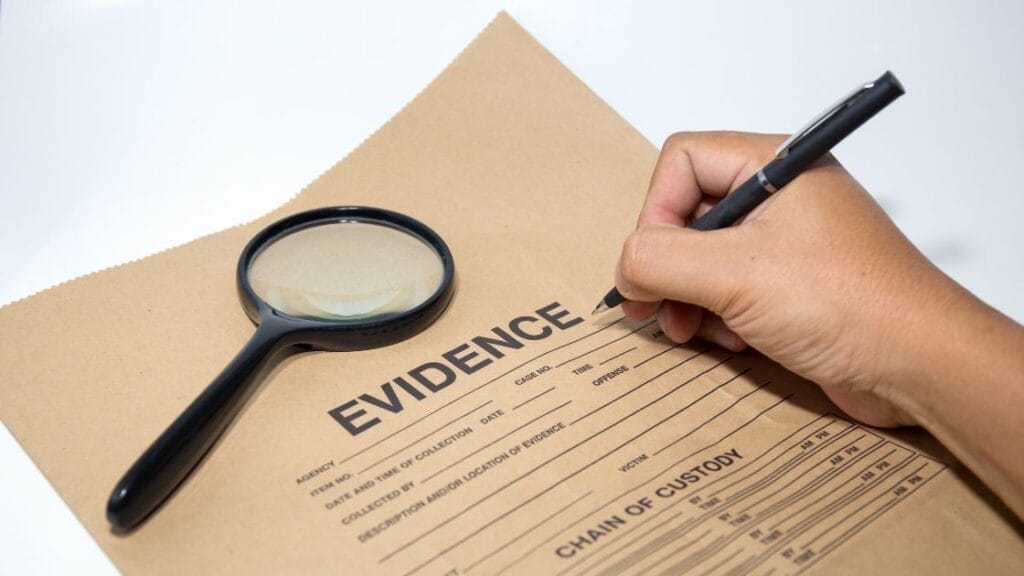What is an AI content detector?
Before diving into the best AI content detector tools for spotting ChatGPT-generated content, let’s first understand what an AI content detector is. Simply put, it’s a tool that helps identify if a piece of text was written by AI, like ChatGPT, or by a human. These tools use smart algorithms and machine learning to analyze text and figure out its origin. This is super important for keeping content original and trustworthy.
How does an AI content detector work?
AI content detectors work by using advanced text classifiers and algorithms to look for patterns that are common in AI-generated content. These tools are trained on huge datasets and can pick up on tiny details that separate AI-written text from human-written text. Think of it as a digital detective for words!
Why is AI content detection important in the context of ChatGPT-generated content?
With AI tools like ChatGPT being used everywhere, detecting AI-generated content has become more important than ever. It helps ensure that the information shared is authentic and ethical. Plus, it prevents issues like unintentional plagiarism or copyright problems. In 2025, with AI-generated content making up over 30% of online text, having a reliable detection tool is a must.

Elevate Your Digital Presence
Ready to transform your content strategy? Our expert team delivers SEO-optimized blogs and powerful backlink strategies that drive real results.
Boost Your Content Strategy →Are there specific features to look for in an AI content detector for ChatGPT?
When choosing an AI content detector for ChatGPT, look for features like high accuracy, reliability, and the ability to handle different types of content. It’s also helpful if the tool integrates easily with ChatGPT and works well with various formats like blogs, articles, or social media posts.
How to choose the best AI content detector for detecting ChatGPT-generated content?
What are the key factors to consider when selecting an AI content detector for detecting ChatGPT-generated content?
Picking the right AI content detector means focusing on a few key things: accuracy, ease of use, and compatibility with ChatGPT. Tools like Originality.AI, Undetectable, and Winston AI are great options. They’re designed to spot AI-generated content with precision. According to Forbes, these tools have accuracy rates between 75-92% in 2025. However, no tool is perfect, and false positives can still happen.
Is there a recommended list of top AI content detector tools for ChatGPT-generated content?
Yes! Some of the top tools include Originality.AI, Undetectable, Winston AI, and GLTR. Each tool has unique features to help you detect AI-generated content. For example, Originality.AI now offers a Chrome extension that tracks your writing process to reduce false positives. A YouTuber recently tested it and found it helpful, though occasional inaccuracies still occur. Remember, no tool is 100% perfect, but these are some of the best options available today.
Are there any limitations to using AI content detector tools for detecting ChatGPT-generated content?
While these tools are advanced, they’re not flawless. AI is evolving fast, and detectors need constant updates to keep up. False positives can happen, and some tools may struggle with highly edited or hybrid content. But don’t worry—Google’s helpful content update in 2023 clarified that AI-generated content isn’t penalized as long as it’s useful and valuable to readers.
Comparing AI detector tools for ChatGPT-generated content
What are the distinctive features of various AI content detection tools when applied to ChatGPT-generated content?
Different tools shine in different areas. For example, Originality.AI focuses on transparency by showing how content was created, while Copyleaks excels at detecting plagiarism alongside AI content. Tools like GLTR are great for visualizing patterns in text, making it easier to spot AI-generated content.
How do AI content detector tools differ in their accuracy and reliability for detecting ChatGPT-generated content?
Accuracy depends on the tool’s training data and algorithms. For instance, Originality.AI and Winston AI are known for their high accuracy rates, while free tools like Writer may not perform as well. According to Forbes, free tools often have accuracy rates below 50%, while paid tools can go up to 90%.

Are there any specific use cases where a certain AI detector tool excels in identifying ChatGPT-generated content?
Yes! For example, Originality.AI is great for long-form content like blogs and articles, while GLTR works well for academic papers. If you’re working on social media posts, tools like Undetectable might be a better fit.
Integration of AI content detector with ChatGPT
What are the best practices for integrating an AI content detector with ChatGPT?
To integrate an AI content detector with ChatGPT, use tools that offer seamless API integration. Make sure the detector is compatible with ChatGPT’s output formats and can adapt to updates in AI models. Regularly review the results to improve accuracy over time.
How does the AI content detector contribute to enhancing the quality and originality of ChatGPT-generated content?
By flagging potential issues like plagiarism or repetitive patterns, AI content detectors help ensure that ChatGPT-generated content is original and high-quality. This builds trust with your audience and keeps your content ethical.
What are the potential challenges in integrating an AI content detector with ChatGPT?
Challenges include keeping up with new AI models, managing processing times, and ensuring the detector doesn’t interfere with the writing process. However, tools like Originality.AI are working to make integration smoother and more user-friendly.
Ensuring originality in AI-generated content with AI content detectors
How can AI content detectors assist in maintaining originality in AI-generated content produced by ChatGPT?
AI content detectors help maintain originality by flagging content that looks too similar to existing sources. This ensures your content is unique and meets ethical standards.
What are the implications of AI content detection in upholding ethical standards and copyrights for ChatGPT-generated content?
AI content detection helps protect intellectual property and ensures that your content doesn’t unintentionally copy someone else’s work. This is crucial for maintaining ethical standards in 2025.
Can AI content detectors effectively distinguish between AI-generated and human-written content in the context of ChatGPT?
Yes, most AI content detectors are designed to spot the subtle differences between AI-generated and human-written content. They use advanced algorithms to analyze text and provide accurate results.

FAQ
What is the significance of AI detection in content creation?
AI detection ensures that content is original and free from plagiarism. It’s a key tool for maintaining authenticity in a world where AI-generated content is everywhere.
How does Winston AI contribute to AI content detection?
Winston AI is a reliable tool for detecting AI-generated content, including text from ChatGPT. It’s known for its accuracy and ease of use.
What are the key features of Copyleaks as an AI detection tool?
Copyleaks offers a powerful AI detection tool that doubles as a plagiarism checker. It’s one of the most trusted tools for ensuring content authenticity.
Why is it important to use an AI detection tool for content generated by ChatGPT?
Using an AI detection tool helps you verify the originality of ChatGPT-generated content, ensuring it meets ethical and professional standards.
How can I identify if the content is generated by AI using the right AI detector?
Tools like Originality.AI and Copyleaks can analyze text and determine if it was created by AI. They’re accurate and easy to use.
Conclusion
In 2025, AI content detectors are more important than ever. Tools like Originality.AI, Copyleaks, and Undetectable help ensure your content is original, ethical, and high-quality. While no tool is perfect, they’re getting better every year. For more insights, check out this blog post by Originality.AI on handling false positives and improving detection accuracy.
